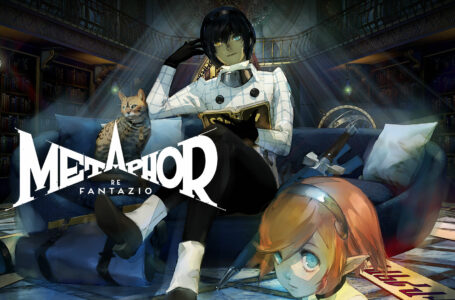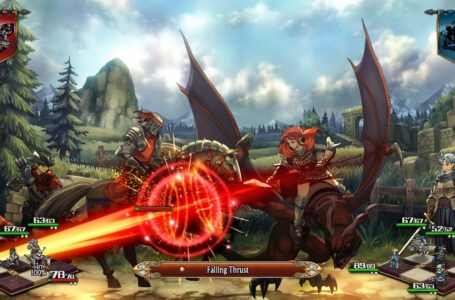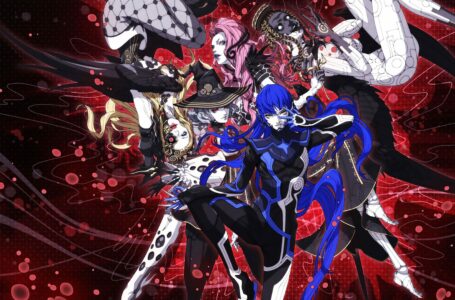7 things we’d love to see from Persona’s 25th anniversary
Atlus has revealed a special 25th anniversary website for its flagship Persona series, and has teased seven projects to celebrate the anniversary. They’ll be announced between September of 2021 and the autumn of 2022, but as of now we have little to no indication of what they might be.
You know what that means: time for wild speculation and a wishlist of things that we’d love to see happen as part of these seven projects. Let’s get right into it!
1. Persona 1 remake/remaster
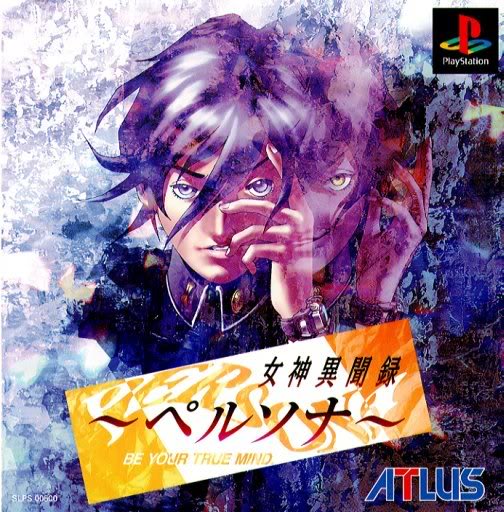
The first Persona game from 1996, known variously as Megami Ibunroku Persona, Revelations: Persona and Shin Megami Tensei: Persona, has had a couple of releases over the years, but it remains relatively unknown compared to its third, fourth and fifth installments.
While Persona did not initially bear the “Shin Megami Tensei” prefix, it began development after the positive reception the 1994 Super Famicom release Shin Megami Tensei If… enjoyed in 1994. The high school setting of If… proved particularly popular with audiences, which explains why the Persona series has, to date, tended to be set in present-day schools rather than the post-apocalyptic landscapes of the mainline Shin Megami Tensei titles.
For those who never played the original Persona, it predates the “Social Link” gameplay that the more recent installments are known for. Instead, much of the game unfolds like a first-person dungeon crawler, with the difference from most other entries in the genre being that you’re exploring modern-day buildings, subways and other such structures rather than abstract or fantastical dungeons.
Persona had a great remaster (and relocalisation) for PSP — which is where it picked up the Shin Megami Tensei prefix at last — and this is long overdue some sort of rerelease, particularly with the growth in popularity of the series as a whole. It’d be a great fit for Switch in particular, as dungeon crawlers are great to have on the go.
2. Persona 2 Complete
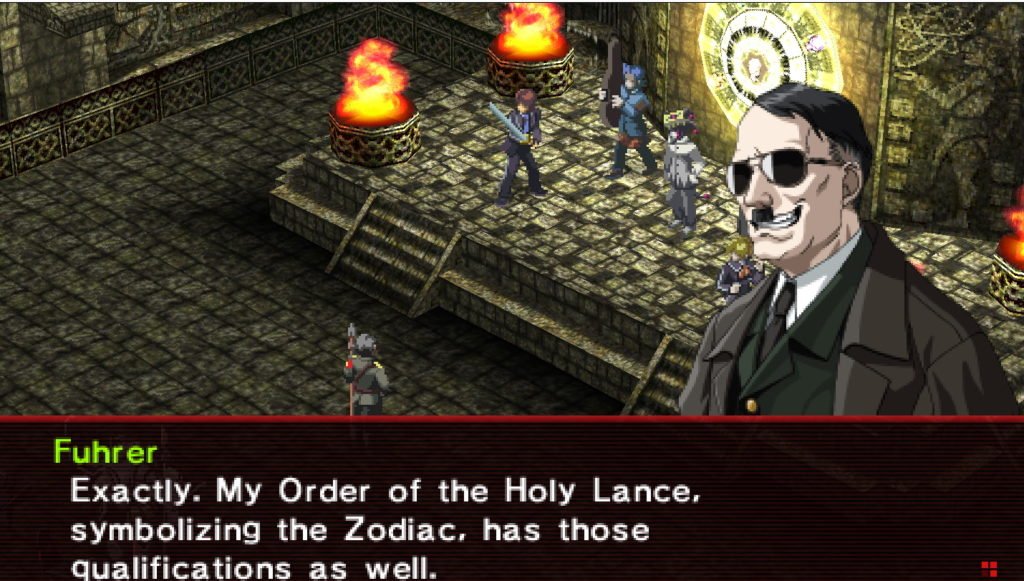
Persona 2 is actually two games. Persona 2: Innocent Sin released in Japan for PlayStation in 1999, and came west in 2011 for PSP. Its direct follow-up Persona 2: Eternal Punishment released for PlayStation in Japan and North America in 2000, and it got a PSP port in 2012. Sadly, this latter PSP port never came west, meaning right now if you want the complete Persona 2 experience, you need to play the first part on PSP and the second part on PlayStation.
With this in mind, the time is surely ripe for some sort of “Persona 2 Complete Collection” on modern platforms, perhaps with some tweaks here and there to ensure both “parts” of the game are presented to the same standard. The games don’t need a full-on remake — the success of Square Enix’s recent remasters and rereleases are ample proof that people are more than willing to engage with “retro” RPGs — but it would be nice to have them available in one place.
Persona 2’s concept is based around the concept of reality-warping rumours spread by a mysterious figure known as Joker — not the same one as in Persona 5. Throughout the games, you can take advantage of the strange effect rumours have on the city by spreading rumours in your characters’ favour.
Persona 2: Innocent Sin didn’t get a localisation back in the day due to “concerns” over its content — probably most notoriously the appearance of Adolf Hitler as an antagonist. Back in 2000, the gaming world was still getting to grips with the idea of self-regulation through bodies like ELSPA and the ESRB, remember, so a number of western companies were still wary of politicians getting involved if they caught a whiff of anything controversial.
Thankfully, we’re all much more enlightened and mature these days, and as such we can almost certainly deal with any such controversial content. I mean, you almost never see people calling one another “Nazi” online for the slightest transgressions these days…
3. Persona 3 Remake
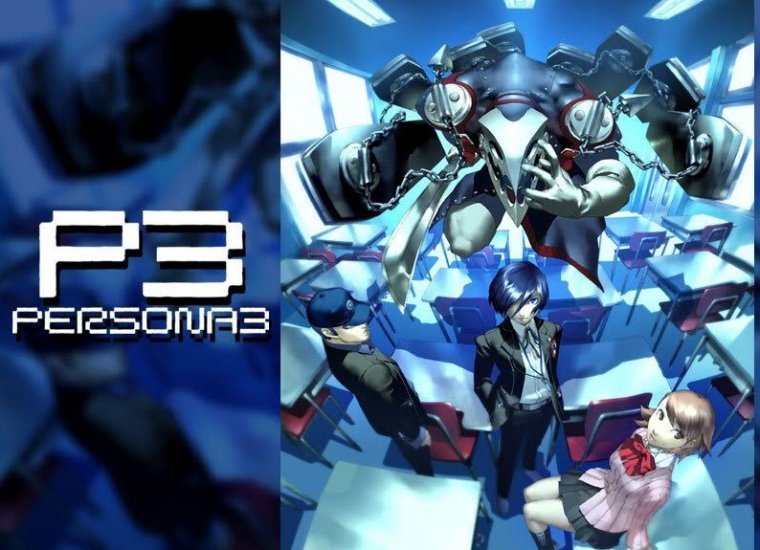
2006’s Persona 3 is where a lot of today’s fans started taking notice of the series, and it’s the game that set in place what we’ve all come to expect from the Persona series from hereon. Taking on the role of a transfer student arriving at a new high school beset by Shadows, it’s your job to uncover the mystery of the Dark Hour and the tower of Tartarus that appears every night on the school grounds.
Originally drawing praise for its well-crafted, interesting story, compelling blend of mechanical genres, intriguing structure and astronomical length compared to other games released at the time, Persona 3 is a game that a lot of fans still love today with good reason.
It got a couple of enhanced rereleases, too; Persona 3 FES for PlayStation 2 added additional story content to the main game (“The Journey”) plus a new epilogue chapter (“The Answer”) that provided a bit more closure than the original story did, while Persona 3 Portable for PSP added the opportunity to play as a female protagonist.
Peculiarly, no one version of Persona 3 had all of this additional content, so we’re long overdue some sort of “complete” edition that includes both the female main character and The Answer… and which perhaps revamps The Answer a bit to not be a frustrating, unbalanced, messy slog.
While I suspect a lot of Persona 3 fans would be happy with a simple upscale of the original with all the content available in one place, Persona 3 could certainly benefit from an overhaul to bring its presentation in line with Persona 5. Persona 3 already made use of some of the visual conventions Persona 5 became known for — most notably comic book-style visual onomatopoeia — so it would look great with some cel-shaded character models and stylised transitions.
4. Persona 4 Platinum
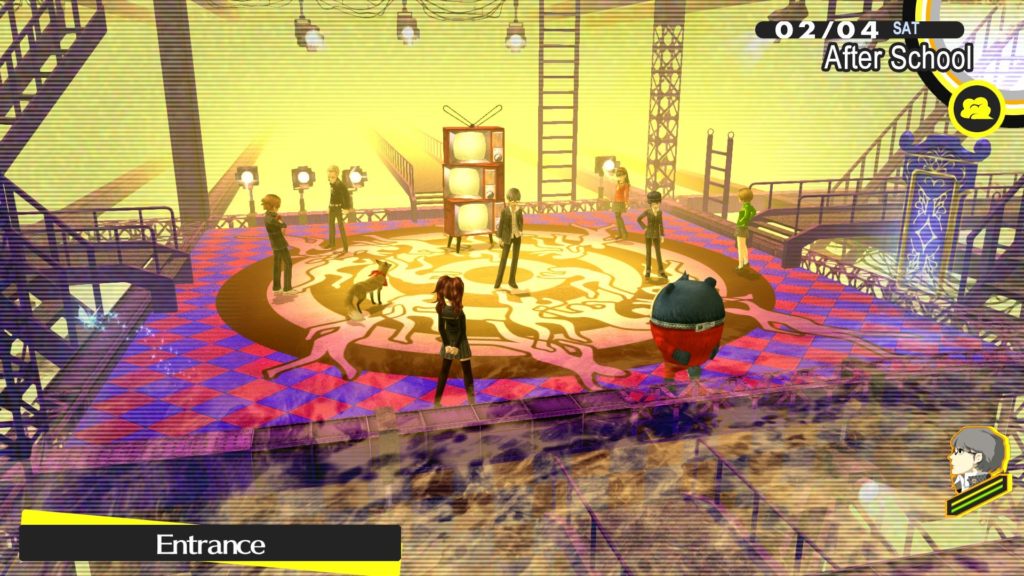
Persona 4 Golden, a version of Persona 4 which originated on Vita and subsequently came to PC, is regarded by most fans as the definitive means of experiencing Persona 4. Rather than splitting the experience into chunks like previous rereleases, Persona 4 Golden was simply a better version of Persona 4, incorporating some tweaks to the gameplay and presentation plus some additional story content and characters to explore.
This is arguably an installment in the series that is the least in need of a refresh, because not only was the PC port of the Vita game extremely well received when it was released last year, upon the original 2008 release of the PS2 version the very concept of “Persona 4” remained firmly lodged in the heart of both gaming and popular culture for a good several years.
That’s not to say it couldn’t benefit from a face-lift, however. Like Persona 3, Persona 4 incorporates some of the visual conventions many fans have come to associate with Persona 5, so once again it wouldn’t be an unwelcome sight to see a “remake” of sorts using Persona 5-style cel-shaded character models and stylised scene transitions. Release it exclusively for Switch and PS4, then watch PC players be green with envy once again after they finally thought they’d “won”.
5. Persona Q Collection
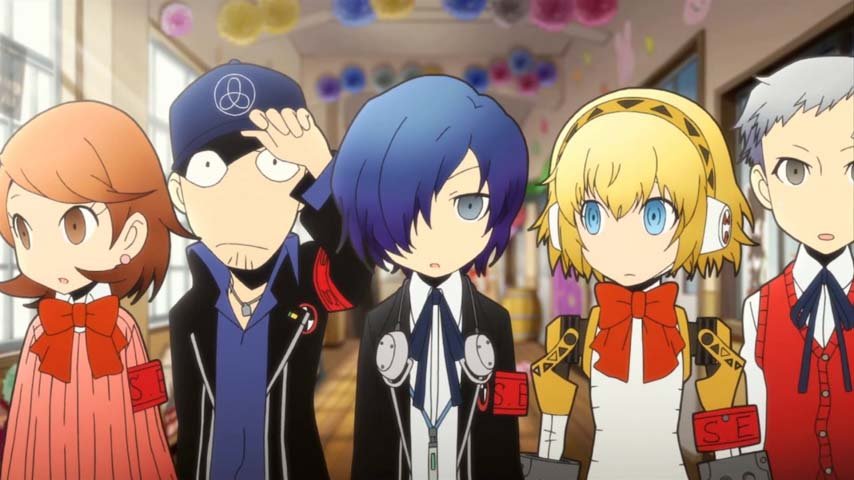
As ubiquitous as it was for a while — remember everyone’s obsession with StreetPass? — Nintendo’s 3DS has been slipping out of the public consciousness for quite some time now. And that’s a shame, because the 3DS plays host to some absolutely excellent games that, for one reason or another, have never ended up getting ported to other platforms.
The two Persona Q games were developed as “crossover” games in two respects: firstly, they brought the casts of various different Persona games together in one place — Persona 3 and 4 in the case of the first game, and Persona 3, 4 and 5 in the case of Q2 — and secondly, they were developed to blend elements of the Persona series with the renowned, mechanically rich dungeon-crawling gameplay of the Etrian Odyssey series.
The most likely reason we haven’t seen ports of these games to date is because, like Etrian Odyssey, they place a strong emphasis on players manually mapping out the game as they go on the Nintendo 3DS’ touchscreen. That said, both games also offer the facility for auto-mapping; while manual mapping was very much a hallmark of the Etrian Odyssey team’s games on Nintendo handhelds, it’s fairly likely that modern audiences wouldn’t miss it too much if any Persona Q rereleases featured exclusively automatic mapping.
A single cart containing both Persona Q games would be an absolutely ideal fit for Nintendo Switch. The very structure of dungeon-crawling games makes them great for short or long handheld play sessions — and these games were originally designed for handheld anyway. More people deserve an opportunity to give these titles a try — particularly as the 3DS versions can be a bit pricey these days!
6. Persona Arena MegaMax
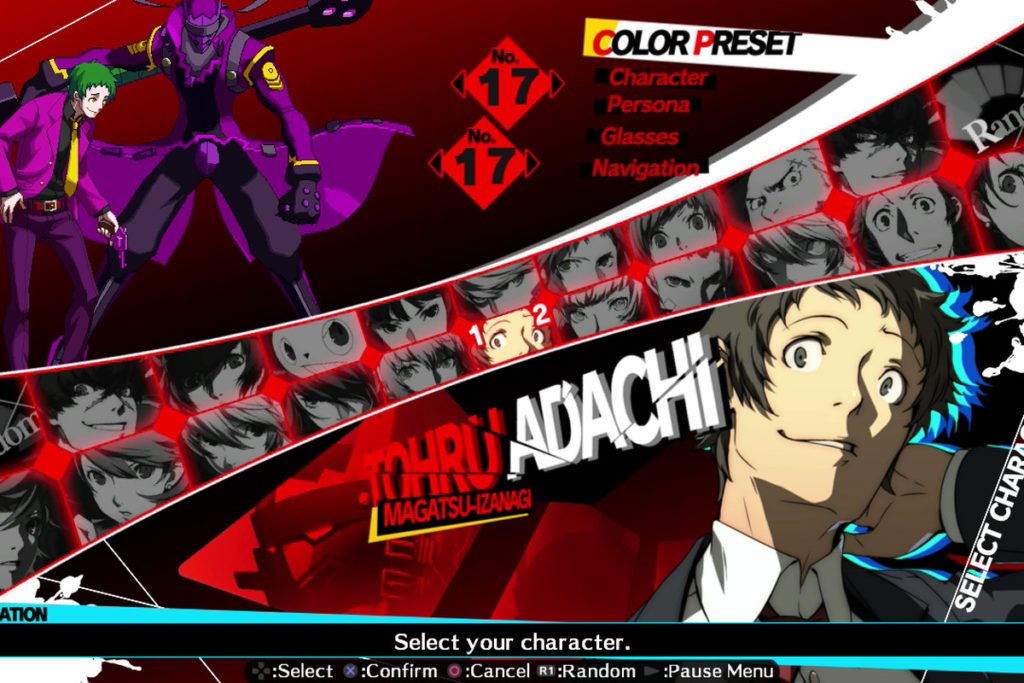
The two Persona 4 Arena fighting games for PlayStation 3 and Xbox 360 were actually really good — even if you’re not normally a fighting game kind of person. The reason for this is that their single-player modes were as much visual novel as they were fighting game — you’d spend the majority of your time reading some well-crafted prose, occasionally punctuated with an opportunity to pummel another character.
Of course, being an Arc System Works fighter, the games were mechanically solid, too, offering interesting and varied gameplay for those willing to learn their intricacies. They never really took off as competitive battlers — a shame and a slight surprise, given the global popularity of the Persona series at this point — but nonetheless remain fondly regarded by those who gave them the time of day.
So how about a new one? Persona’s stylised visuals would work brilliantly with Arc System Works’ amazing “looks like 2D animation but is actually 3D” engine seen in titles like Dragon Ball FighterZ and Guilty Gear Strive. Plus Persona 5 came out after the second of the two fighting games, meaning there’s a whole cast of new characters to draw on alongside returning favourites from the previous two games — and doubtless plenty of new stories to tell, too.
7. A proper soundtrack collection
The various Persona soundtracks are actually available on streaming services such as Spotify right now (see above), but they can be a little tricky to track down sometimes due to the fact that many of the album and track names have been left in Japanese.
Persona as a series is noteworthy for demonstrating how console RPGs didn’t have to conform to established musical conventions. Persona 3 in particular opened a lot of people’s eyes to how well a distinctly “urban pop” soundtrack with an unmistakably Japanese twist worked in the context of a modern-day RPG — and the series has continued to give us banger after banger over the years. Mass Destruction? Reach Out To The Truth? Last Surprise? Life Will Change? All on regular rotation in my car.
I can think of few better ways to celebrate the series’ anniversary and incredible legacy than with a complete collection of its iconic, distinctive music. Whether that’s simply revamping the online streaming service listings to have proper English text in them, or something a bit more special like a commemorative Blu-Ray set similar to what Final Fantasy XIV does with its soundtracks, I don’t really mind. But these soundtracks are truly special and deserve to be celebrated!
Honourable mention: Persona 6
I mean, come on. We all know it’s happening at some point, right? Almost certainly as part of these celebrations.
How would you like to see Atlus celebrate Persona’s 25th anniversary? Let us know in the comments — or if you have a bit more to say, why not pen us a letter and let us know your thoughts in detail for this week’s Rice Digital Friday Letters Page?
Join The Discussion
Rice Digital Discord
Rice Digital Twitter
Rice Digital Facebook
Or write us a letter for the Rice Digital Friday Letters Page by clicking here!
Disclosure: Some links in this article may be affiliate links, which means we may earn a small commission if you make a purchase after clicking on them. This is at no additional cost to you and helps support Rice Digital!
- Letter from the Editor: passing the torch - June 30, 2023
- Super Woden GP 2 is looking promising - June 30, 2023
- Inti Creates is making a 32 bit-style Love Live action platformer - June 26, 2023




